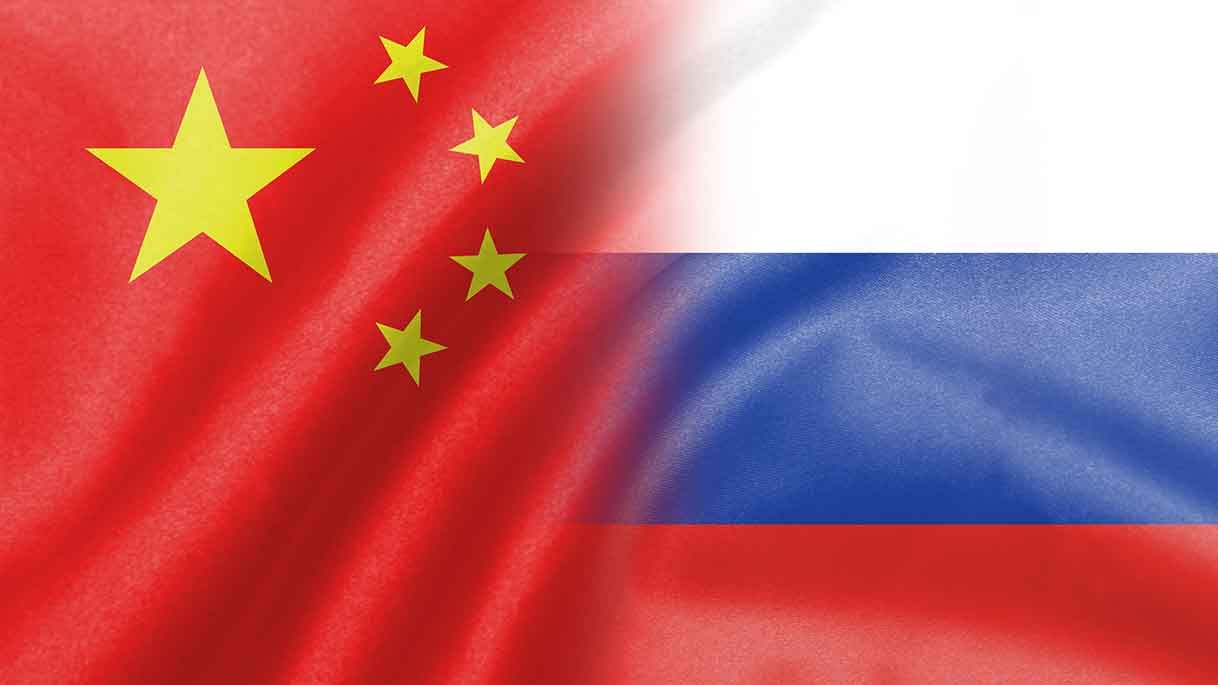Executive Brief

US-Taiwan Relations
Laura Rosenberger, the new chair of the American Institute in Taiwan (AIT), the de facto US Embassy, recently met with each of Taiwan’s 2024 presidential candidates from the top three political parties. Rosenberger was a former member of President Biden’s National Security Council with close ties to Secretary of State Blinken. She was appointed to the position in March. Kharis Templeman, a Hoover Institution researcher specializing in Taiwan, said Rosenberger’s appointment, in place of a career diplomat, is a “signal, both publicly and within the US government, that the White House is deeply invested in the US-Taiwan relationship and actively working to shape its direction over the next few months.”
Taiwan media, citing those who attended Rosenberger’s meetings, reported she emphasized US neutrality. She tried to gauge the candidates’ policies towards the mainland since, whoever wins, his policy will likely influence US-China relations for years to come.
- Lai Ching-te, Taiwan’s Vice President and candidate for the ruling DPP, has advocated for Taiwan independence throughout his political career. However, it remains to be seen how far he would go if elected.
- Hou Yu-ih, mayor of New Taipei and candidate for the pro-unification KMT, has been low- key on his mainland policy. He reportedly told Rosenberger that he would resume some Taiwan-mainland exchanges on issues such as education cooperation and joint crimefighting. He stressed his commitment to the US partnership to jointly promote regional peace, as well as the importance of having defense capabilities for the purpose of deterrence.
- Ko Wen-je, Chairman of Taiwan People’s Party (TPP) and former mayor of Taipei, previously advocated that people across the Taiwan Strait are “one family” and believed both sides should respect each other’s political systems; however, after announcing his candidacy, his mainland policy has become more ambiguous. On 11 June, Ko told a forum in Taipei, if he becomes Taiwan’s president, he will use Taiwan’s cyberwarfare capability against one mainland major infrastructure mechanism every year to demonstrate Taiwan’s strength. The first attack will be on the mainland’s high-speed rail control system. The attack would be during one of the mainland’s busiest travel seasons, on 1 October, China’s National Day. The second attack would be the mainland’s ATM system to create financial chaos. Ko’s remarks generated strong pushback from the mainland. On 26 June Ko said he would introduce a new regulation to review any agreements with the mainland and would renegotiate the cargo agreement. Some Taiwanese analysts believe Ko’s sudden hostility towards the mainland is designed to attract “protest supporters” from both the DPP and KMT, particularly from the KMT.
On 29 June Taiwan President Tsai Ing-wen met a nine-member bipartisan US Congressional delegation led by Mike Rogers, Chairman of the House Armed Services Committee. Tsai told the US lawmakers that “deepening the security cooperation between Taiwan and the US is crucial for maintaining the security of Taiwan and the Indo-Pacific region.” Rogers reassured Tsai of US commitment to assist Taiwan to defend itself.
Download our recent executive brief to keep reading.